Bronze Age Lost Its Cutting Edge Before Climate Crisis
Archaeologists claim to have unearthed evidence in Ireland that it was the rising power of iron, not climate change, that brought about the collapse of many ancient civilizations.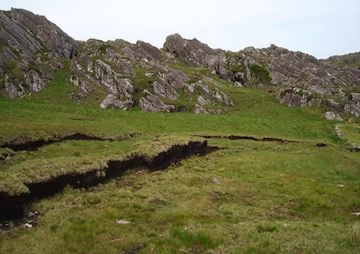 Ireland’s peat bogs have preserved and provided important archaeological evidence from the Bronze Age. Photo by Richard Webb via Wikimedia Commons
Ireland’s peat bogs have preserved and provided important archaeological evidence from the Bronze Age. Photo by Richard Webb via Wikimedia Commons
By Tim Radford, Climate News NetworkThis Creative Commons licensed piece first appeared at Climate News Network.
LONDON — Climate change — so often and so recently coupled with the decline of early civilizations in the Near East, the Indus Valley and the Mediterranean — may not have ushered in the collapse of the late Bronze Age after all.
A new study suggests that Bronze Age cultures everywhere collapsed not because of sustained drought or flooding, but because of technological change. The gradual spread of iron foundries and smithies, they say, undermined the economic strengths of those centres with monopolies on the production of, and trade in, copper and tin — the elements in the alloy bronze.
Ian Armit, an archaeologist at the University of Bradford in the UK, and colleagues base their argument on careful studies of ancient climate, using a combination of pollen data and other evidence, plus 2,000 precision-dated archaeological finds from Ireland, from between 1200 BC and 400 AD. This evidence tells a different, but equally familiar, story.
Went wrong
They report in the Proceedings of the National Academy of Sciences that although there was indeed a climate crisis around 750 BC — an event linked to the end of the cultures associated with Knossos in Crete and Mycenae in the Peloponnese — things had started to go wrong two generations or more before.
There had been a clear peak in human activity between 1050 and 900BC, followed by a steady decline and then a rapid fall between 800 AD and 750BC. Since copper was mined in Ireland — and alloyed with tin from Britain to make bronze — the Celtic populations of the place and time enjoyed high socio-economic status and power.
“The impact of climate change on humans is a huge concern today as we monitor rising temperatures”
They were involved in international trade, and at the heart of a global culture. Bronze, both literally and metaphorically, gave the Irish of the time a cutting edge. Such power and status started to evaporate with the advance of iron smithies. Copper and tin are relatively rare metals, but iron is found almost everywhere.
“Our evidence shows definitively that the population decline in this period cannot have been caused by climate change,” Professor Armit concludes.
But he says that the switch to increasingly rainier conditions in Ireland in 750 BC would have had its own impact. “It is likely that poor climatic conditions would have affected farming. This would have been particularly difficult for vulnerable communities, preventing population recovery for several centuries.”
Archaeology is a combative science: the evidence is preserved only precariously and a new discovery can, and often does, change the picture.
Contributing factor
Written records are fragmentary, interpretations open to dispute, and artefacts are often difficult to date. So reconstructions of the distant past are always tentative, and other groups have been careful to “link” or “associate” climate change with historical conflict. Climate would be a contributing factor, not necessarily a prime cause.
But the British scientists argue that, on the evidence from Ireland, a global bronze age civilization was coming to an end for reasons that were ahead of, and independent of, drought or flood, heat waves or sustained cold.
Professor Armit says: “The impact of climate change on humans is a huge concern today as we monitor rising temperatures globally.
“Often, in examining the past, we are inclined to link evidence of climate change with evidence of population change. Actually, if you have high-quality data and apply modern analytical techniques, you get a much clearer picture and start to see the real complexity of human/environment relationships in the past.”
Your support matters…Independent journalism is under threat and overshadowed by heavily funded mainstream media.
You can help level the playing field. Become a member.
Your tax-deductible contribution keeps us digging beneath the headlines to give you thought-provoking, investigative reporting and analysis that unearths what's really happening- without compromise.
Give today to support our courageous, independent journalists.
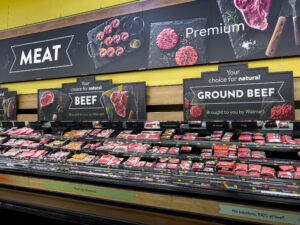
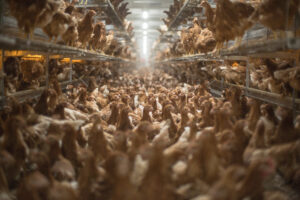
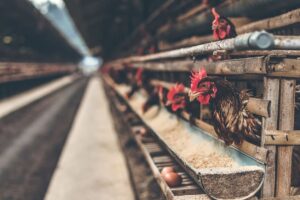

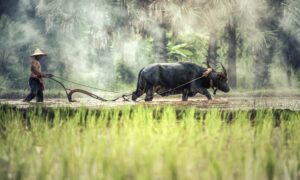

You need to be a supporter to comment.
There are currently no responses to this article.
Be the first to respond.